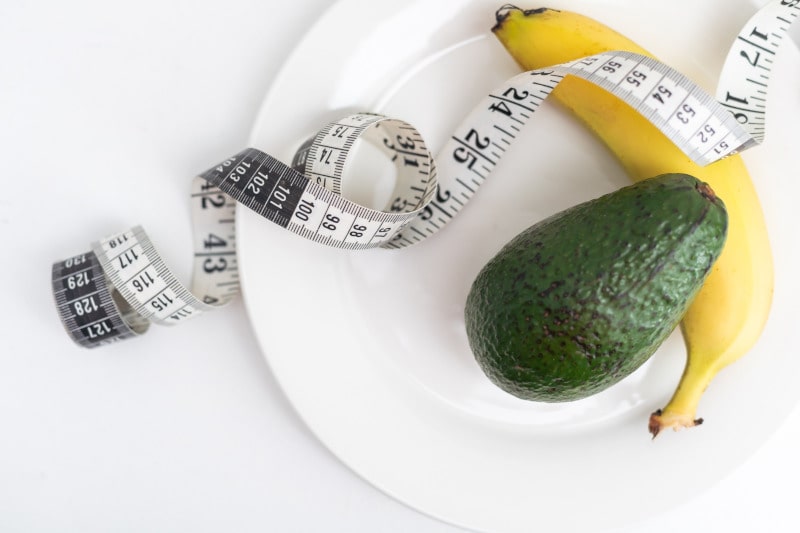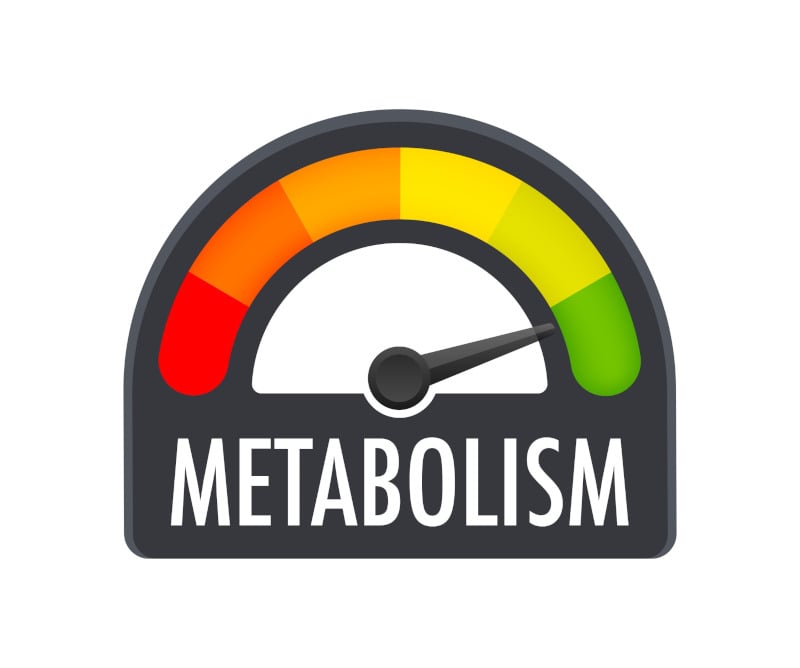If you’ve ever searched the internet for ways to boost your metabolism, you’ve probably come across a plethora of diets and advice that can often be contradictory. Some diets suggest a high protein intake, others tell you to eat every few hours, and some advocate diets rich in vegetables and legumes.
This sea of recommendations can be confusing and, most importantly, they often lack personalisation, which is essential for tailoring your diet to your individual needs.
Also, remember that PlanEAT, our free Nutrition APP, can be a great tool to manage your diet and reach your goals safely and effectively.
Contenido
2 Tips on How To Boost Your Metabolism with Food
Before we begin to boost your metabolism, I want to stress how important it is to have the guidance of a professional nutritionist. Every person is different, with different goals and needs, so it is crucial that any dietary plan respects your tastes, habits and does not put extreme strain on you.

Dietary changes for young people, adults and seniors should be sustainable over time, promoting healthy habits and diets that you can maintain.
When looking for information on how to boost your metabolism, it is easy to be tempted to follow books or resources that offer generic recommendations without considering the particularities of each individual.
This can be dangerous, especially if you have a health condition that can be aggravated by certain eating habits. Professional guidance is key to making sure you are making safe and healthy choices.
The Risks of Rapid Weight Loss
It is common to think that speeding up your metabolism translates into rapid weight loss, but it is important to understand that losing too much weight in too little time can have serious health consequences:
- Loss of muscle mass: When you lose weight quickly, you tend to lose muscle mass, which not only affects your physical appearance, but also increases the risk of injury and weakens your body.
- Slowing down metabolism: Muscle mass is one of the most energy-consuming parts of the body. As muscle is lost, daily energy expenditure decreases, which slows down the metabolism.
- Nutritional deficiencies: Extreme diets are often poor in variety and quantity of foods, which can lead to significant nutritional deficiencies. To avoid this, a diet rich and varied in fruit, vegetables, legumes and nuts is essential.
- Mood disturbance and fatigue: A very restrictive diet can result in a constant lack of energy, leading to tiredness, fatigue and mood swings.
- Risk of eating disorders: Overly strict diets, which prohibit a large amount of food and do not educate about nutrition, can foster a negative relationship with food and increase the risk of developing eating disorders.
How to Boost Your Metabolism in a Healthy Way?
To boost your metabolism effectively and safely, it is important to focus on sustainable methods. Muscle mass plays a crucial role in energy expenditure, so building and maintaining muscle mass can significantly help boost your metabolism.

Understanding Metabolism
Metabolism is the process our bodies use to convert food into energy. This energy is essential for basic functions such as breathing, thinking, digesting food and maintaining body temperature. You might seek to boost your metabolism in order to burn more calories and lose weight faster, thus preventing fat from being stored in the body.
It is important to remember that when you boost your metabolism, it can also increase the feeling of hunger, as the body requires more energy and therefore demands more food. Therefore, it is essential to maintain a balanced and nutritious diet, ensuring that the body receives the nutrients it needs to function optimally.
Strategies to Boost Your Metabolism
If you’re wondering how to speed up your metabolism, here are two key things that can help you:
Exercise and Physical Activity.
Combine strength training and cardio: To speed up metabolism, it is ideal to combine muscle toning exercises with cardiovascular activities. Studies indicate that exercising in the afternoon can be more effective, as metabolism tends to slow down in the evening and exercise helps to kick-start it again.
Balanced nutrition
Proper nutrition: To speed up the metabolism, it is essential to reduce the percentage of body fat. Here are some tips:
- Reduce consumption of simple sugars: Limit products such as industrial pastries, soft drinks, biscuits and ice cream.
- Avoid trans fats: These are found in foods such as precooked foods, crisps and other ultra-processed foods.
- Stay hydrated: Drinking enough water is key to a healthy metabolism.
- Increase protein intake: A high-protein diet includes meat, fish, eggs and vegetable protein from pulses, nuts and cereals. A good combination, such as rice with chickpeas, can provide high-quality protein.

Other Tips for Accelerating Metabolism
In addition to these tips, there are small adjustments that can make a difference in metabolism:
- Drink green tea: Known for its metabolism-boosting properties.
- Eat whole fruits instead of juices: The fibre in whole fruits is essential for digestion and metabolism.
- Include foods rich in omega 3: Such as salmon, tuna and chia seeds.
- Add spicy foods to your diet: Spicy foods can also help speed up metabolism.
If you are looking for a more personalised approach, PlanEAT, our Nutrition APP helps you to follow your diet and physical activity properly.
I hope I have helped you understand how to speed up your metabolism in a healthy and effective way, avoiding falling into the traps of miracle diets and unfounded advice. The most important thing is to take care of our health, improving our eating and exercise habits day by day.
If in doubt, it is always best to consult a health professional to make sure you are making the right choices for your wellbeing.

